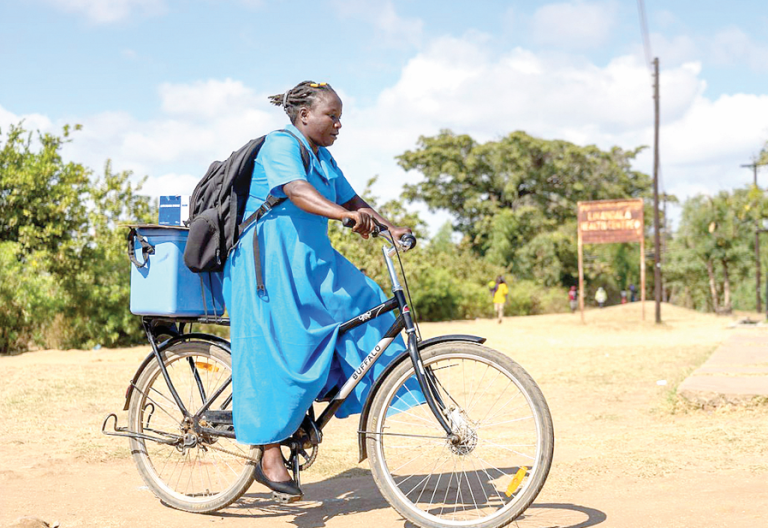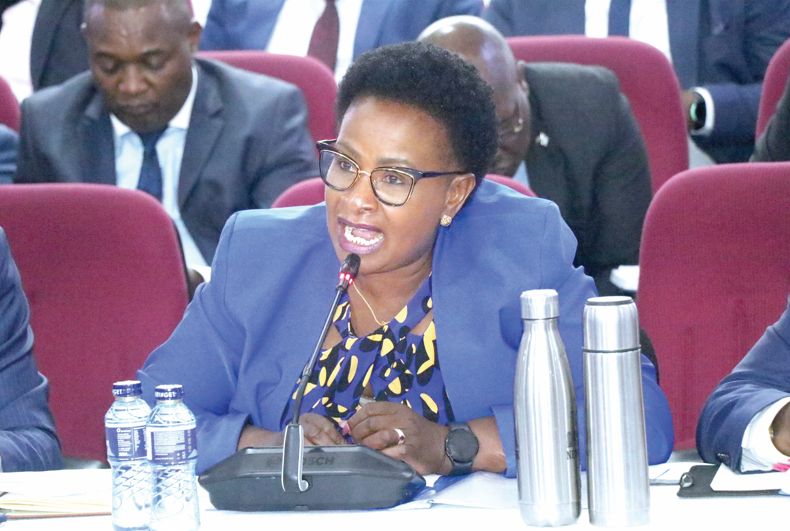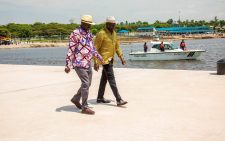Over 100,000 health volunteers to get bicycles

The government is in the process of giving over 100,000 Community Health Volunteers (CHVs) bicycles to address the challenge of mobility.
Speaking during the World Bicycle Relief Mobility and Impact Forum in Nairobi, Dr Maureen Kimani, head of Division of Community Health Services said it is critical that mobility is integrated with the work of CHVs for successful implementation of Universal Health Care (UHC).
“The implementation of UHC since 2023 in rural areas has lagged behind because of limited mobility. In Kenya, CHV’s have been allocated 100 households in a range of 20 kilometres,” she noted, adding that the CHVs have to visit at least 33 households monthly.
“Pregnant women, breastfeeding mothers, children under five and those with chronic diseases have to be visited monthly but the mobility has hindered such visits,” she added.
The 107,000 CHVs do not work full time and they volunteer for only two hours a day and hence it is very difficult to cover all those households.
To address the mobility issue in rural areas, the government is looking for partners with World Bicycle Relief among other partners to give the CHVs bicycles to help successfully implement the UHC.
“We have had a few partners who have given Buffalo bicycles in Kitui, Kwale and Kilifi, though on a small scale, and we need to scale the uptake,” she said.
Maureen Kolenyo, East Africa Regional Director World Bicycle Relief said 70 per cent of the African continent live in rural set-up and have no access to mobility.
“We target those working in health, education and farmers among other Small Medium Enterprises,” she said.
Lucia Mwende, a CHV since 2014 from Kitui South revealed the torture of trekking visiting homes.
“I used to walk for more than three kilometres and only visit few households. After receiving a bicycle in 2017, I am covering over 40 households,” said Mwende.
Due to this, Mwende revealed cases of people defaulting immunisation has reduced drastically.
To hasten the uptake of bicycles, the head of UNEP’s Active Mobility Team Carly Gilbert-Patrick said countries across the world should stop taxing bicycles.
“Motorisation in Africa is less than 10 percent hence bicycles are the only way to address the problem of mobility,” she said.
According to UNEP, more than a billion people in Africa walk or cycle for almost an hour daily, yet 74 per cent of assessed roads lack footpaths, and 92 per cent have no crossings.













